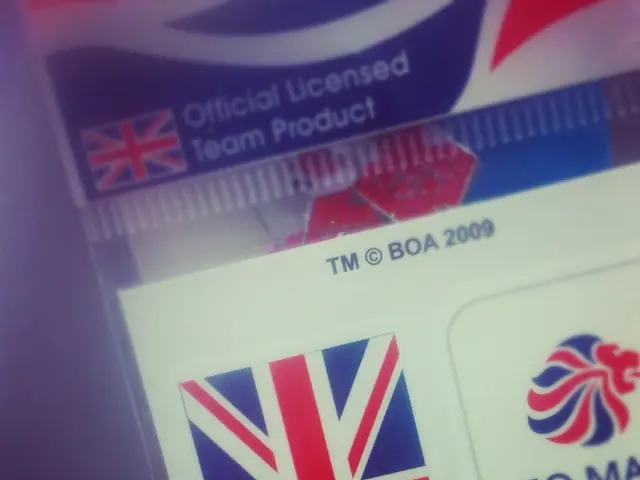Shared trait among exceptional leaders: Consistent characteristics they all possess.
Article:
Embrace the power of questions, not answers, to shake up the norm, says CEO coach Boris Nannt.
Visionary leaders are all about setting bold goals that light the way for their teams.
A learning culture, that's not afraid to fail, sparks courage and innovation in businesses.
Now, let's dive into effective strategies to implement these leadership principles:
Question the Status Quo1. Give a platform to the unconventional: Encourage diverse viewpoints that challenge existing thought patterns, like adaptive leadership where leaders actively seek input from various stakeholders [4].2. Encourage calculated risks: Support innovation with forward-thinking policies, such as Google’s "20% time," which allows for experimental projects and accepts failure as part of growth [5].3. Lead by example: Show courage in making tough decisions and pivoting strategies in response to changing trends. Balance quick wins with long-term vision [1][3].
Set Clear Goals- Adjust leadership styles to meet objectives: Align daily actions with both short-term operational needs and long-term visions, working towards larger competitive advantages [1].- Break goals into manageable chunks: Think of lofty targets as a series of milestones, allowing teams to test hypotheses and adapt strategies on the fly [5].
Cultivate a Learning Culture- Make mistakes a tool for growth: Study setbacks as valuable learning experiences, much like Steve Jobs viewed Apple Lisa's failure as a stepping stone for future innovations [5].- Foster collaboration: Bring together diverse teams to identify hidden pitfalls and unlock creative problem-solving, similar to how Unilever operates [5].- Integrate learning into workflows: Set aside time for teams to review outcomes and record lessons learned after major projects [1][5].
By weaving these strategies into the fabric of your organization, you'll foster an environment where adaptive thinking, goal clarity, and iterative learning become everyday practices, rather than fleeting ideas.
- What kind of platform could be given to promote unconventional ideas and challenge existing thought patterns, as suggested by adaptive leadership? Contentpass, a platform that encourages input from stakeholders, could be a viable solution.
- In light of the need for innovation, should businesses consider adopting 'gdpr-compliant' experimental projects like Google’s "20% time," which allows for innovative work while ensuring data privacy?
- To effectively lead by example, a CEO might wrestle with the question of how to apply bold goal-setting to the task of obtaining user consent under regulations like GDPR, while balancing quick wins with long-term vision for the business.
- If businesses are to learn from their mistakes and turn setbacks into growth opportunities, they might want to consider seeking leadership that can draw parallels between mistakes in financial management strategies and the need to withdraw consent from users in a GDPR context, while at the same time fostering a culture that welcomes and learns from failures.




